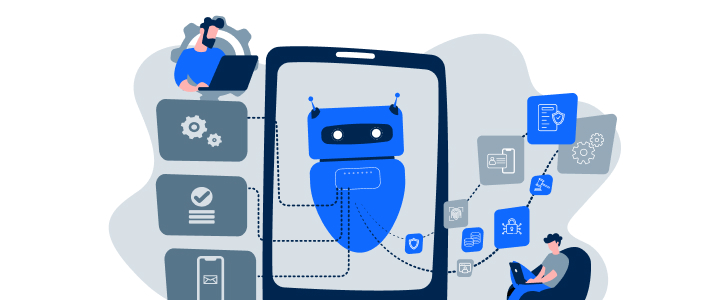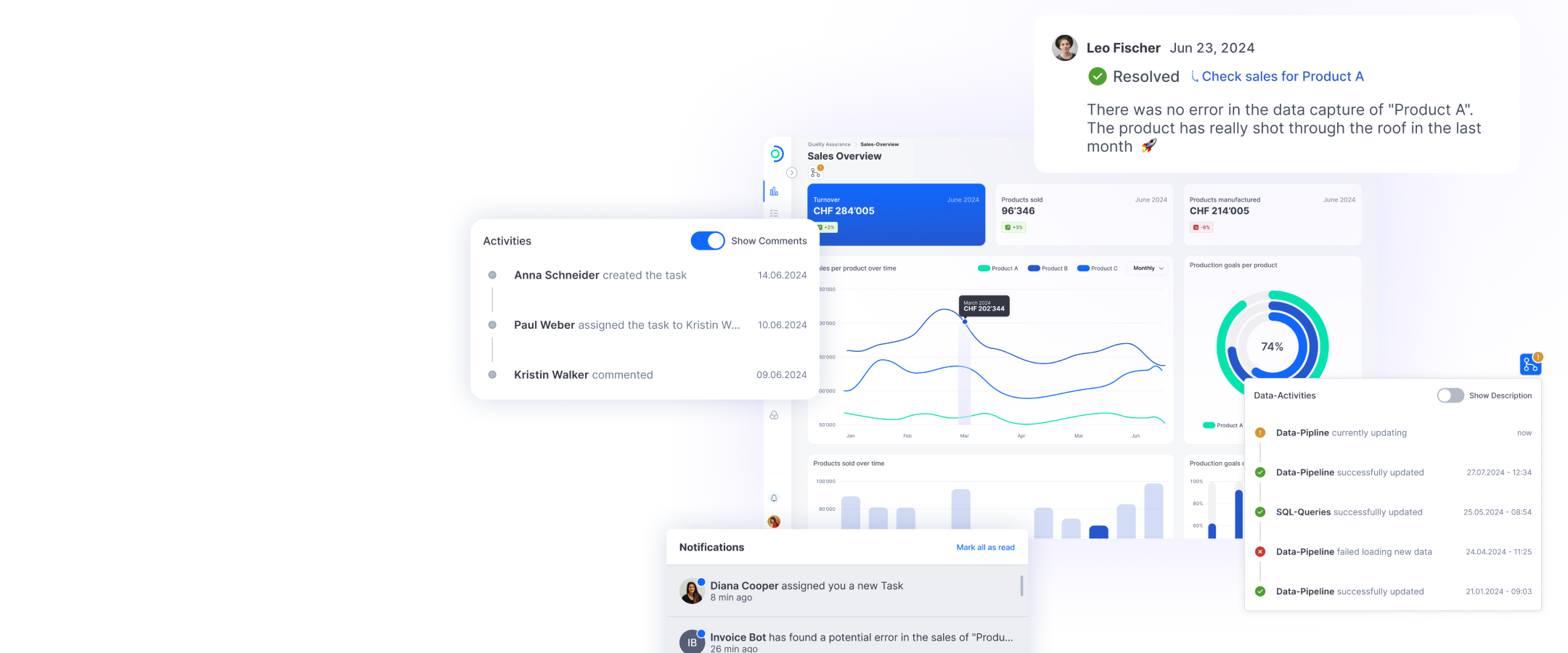Get close to your customers online too
Online customer advice // Digital channels for customer advice are gaining traction. This has been thrown into sharp relief by the pandemic-related restrictions on contact. The challenge: The personal touch can be hard to convey on digital channels. The solution? Offer customers one-on-one advice online.
At a snail’s pace, the slow convoy inches forward. Minutes pass without advancing so much as a foot. And to cap it all, you’re going to be late for the appointment you’ve made with the bank. Sooner or later, every-one asks the same question: “Can’t somebody just beam me out of this traffic jam?” Well, we might have to wait a while yet for beaming technology. But there’s already an attractive alternative today: Stay at home and speak with your adviser online, via video call and screen sharing.
Whether you need advice on taxes, pensions, or financial planning, it is essential to get personal guidance from experts on the key questions at every stage of life. Where before customers had to go to a bank branch for their appointments, at LUKB they have had the choice of online or offline advice for over a year.
Benefits for the customer and for advisers
With online advice, customers can have their personal consultation with their customer adviser at their convenience, at home or while out and about. They can choose whether to use their computer, tablet, or smartphone for the appointment. With the option for video calling, the participants can also see each other on screen, making the conversation even more like an in-person appointment. The adviser presents information and documents using screen sharing, guiding the customer clearly through the discussion step by step, just as customers are used to from appointments in their branch. The benefit: Customers save the time and costs of traveling and can still enjoy personal advice.
The LUKB advisers, for their part, gain flexibility: If a range of issues are discussed in a customer meeting, the specialist advisers for these areas (such as inheritance queries) can be added to the discussion as required, in an ad hoc manner. By providing video advice and screen sharing, LUKB is not only meeting a customer need – it is also thinking of its own efficiency. Another example: LUKB offers private and business banking throughout German-speaking Switzerland. The specialist advisers mentioned, who primarily work in the city of Lucerne, have now and then had to travel to a branch elsewhere in the canton for a ten-minute discussion about basic issues. Online advice saves them travel time, too.
The crucial point: The decision whether the personal consultation takes place in the branch or online is made by the customer.
Pandemic sped up the launch
Location-independent advice was already part of LUKB’s digitalization strategy before the coronavirus pandemic, in no small part due to increased customer demand. The pandemic dramatically sped up the roll-out. The first lockdown made it very clear that contact by telephone alone had its limits when it came to advising customers on more complex issues. As a result, the intensity of customer contact declined overall. LUKB therefore took the decision to bring the roll-out forward and conduct a six-month trial phase with se-lected customer advisers.
A range of providers were evaluated within a short space of time. For regulatory and data-security reasons, providers such as Zoom, Webex, and Teams were out of the question. Alongside this, usability was a crucial deciding factor: The application had to be easy to use for customers, but also for advisers. For these reasons, LUKB opted for Swiss provider Unblu.
The trial quickly showed that customers welcomed the new advice channel – regardless of age. For example, one customer in the 80-plus age group said that, from now on, he wants online appointments only – to save him valuable time to spend on his hobbies. The advisers who took part also welcomed this additional channel and were in favor of continuing to use it – even after the pandemic. LUKB therefore rolled out online advice throughout the bank.
Internal acceptance is key
Although online advice met with warm approval internally in the trial phase, following the bank-wide roll-out, there was a noticeable reticence on the part of the customer advisers. People are creatures of habit. This meant more work was required to persuade everybody. Our conversations showed that the reasons were largely emotional: On one hand, advisers felt that a “proper” consultation had to be held in branch, i.e., face to face. Another issue was using software that most had never worked with before (“I’d definitely use it more if it was on Zoom”). This wariness was reflected in the low usage figures at the outset.
To address these feelings, the project managers worked with power users to draw up user tips designed to respond to these reservations and dispel them as far as possible. Employees were also encouraged to try out the application with their colleagues first. “Practice makes perfect!” as the saying goes.
Taking customers by the hand online
In dealings with customers, it became clear that it was important to hold their hands through the entire advice process online, too. Firstly, when the appointment is set up, the individual (simple) steps for using the tool are explained. Building on this, the adviser explains the next step at every stage of the discussion (“Please enter the following access code”; “Now I’m going to share my screen with you” and so on). This quickly overcame any hurdles customers were experiencing, too.
Online advice is welcomed
Over a year since the launch, it can definitely be said that online advice is greatly appreciated by customers. If they’ve taken advantage of this option once, the likelihood of them using it again is very high. Customer advisers are also showing increased acceptance even if not all of them are using or offering this channel yet. Awareness and usage could therefore be increased both internally and among customers. However, analyses show a good midpoint. They also indicate that customer demand for online advice is likely to increase in the future. And so it will always be important to LUKB to give its customers an active choice: They can wait for beaming technology or simply stay at home and have their consultation online.





